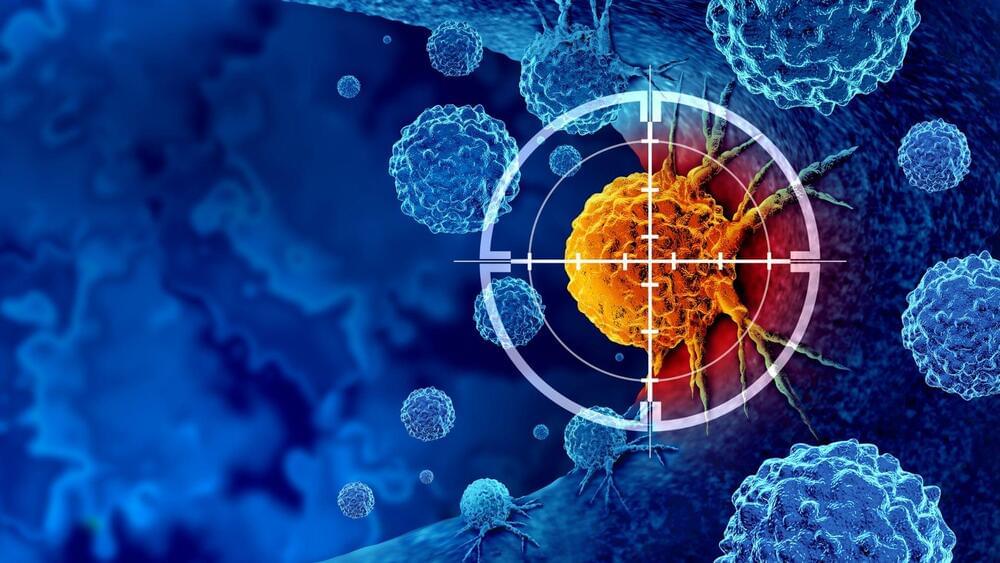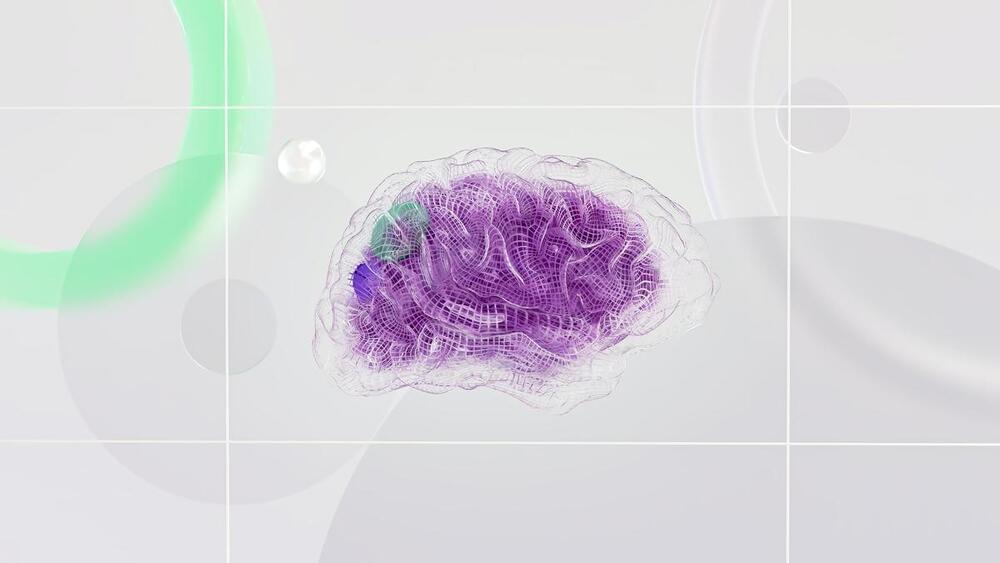Recent studies by Zampaloni et al. and Pahil et al. published in the journal Nature describe a novel method of inhibiting the growth of Gram-negative bacteria such as Acinetobacter using antibiotics consisting of macrocyclic peptides that target the bacterial protein bridge machinery that transports lipopolysaccharides from the cytoplasm to the outer membrane.
The amphipathic lipopolysaccharides in the outer leaflet of the asymmetric outer membrane bilayer of Gram-negative bacteria block antibiotic entry, making the treatment of bacterial infections involving Gram-negative bacteria difficult. Furthermore, the development of antibiotic resistance in bacteria, especially Gram-negative bacteria such as Acinetobacter baumannii, is a rapidly increasing global health concern since antibiotic-resistant bacterial infections are becoming increasingly common among hospitalized and critically ill patients.
The lipopolysaccharide is synthesized inside the bacterial cell in the inner membrane, transported across the cell membrane, and assembled in the outer leaflet. The transportation of lipopolysaccharides occurs with the help of LptB2FGC, a subcomplex in the inner membrane that enlists adenosine triphosphate (ATP) hydrolysis and a protein bridge to extract lipopolysaccharides from the inner membrane and transport it to the outer membrane. Targeting this transportation complex could effectively inhibit the lipopolysaccharide biosynthesis, making the Gram-negative bacteria susceptible to antibacterial activity.
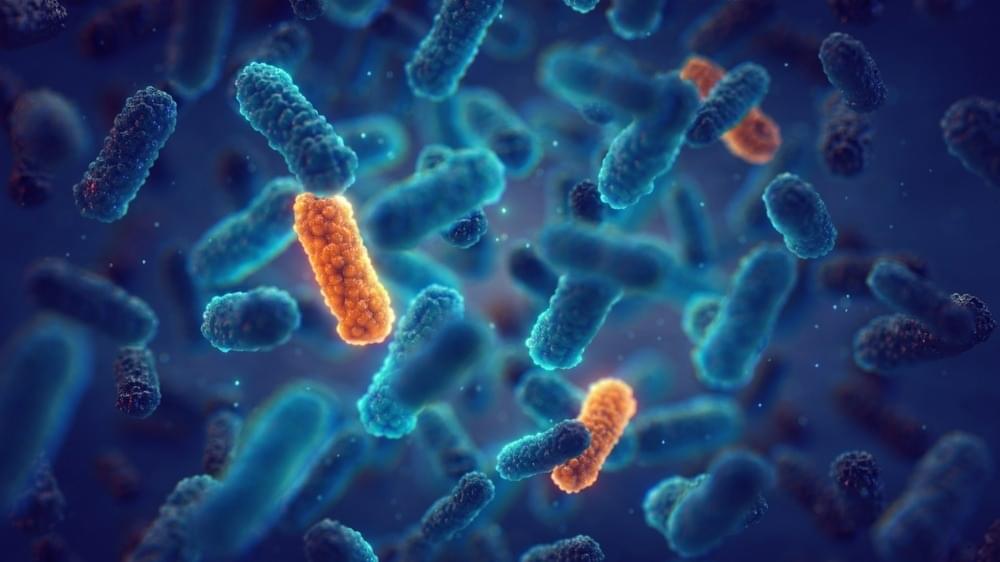
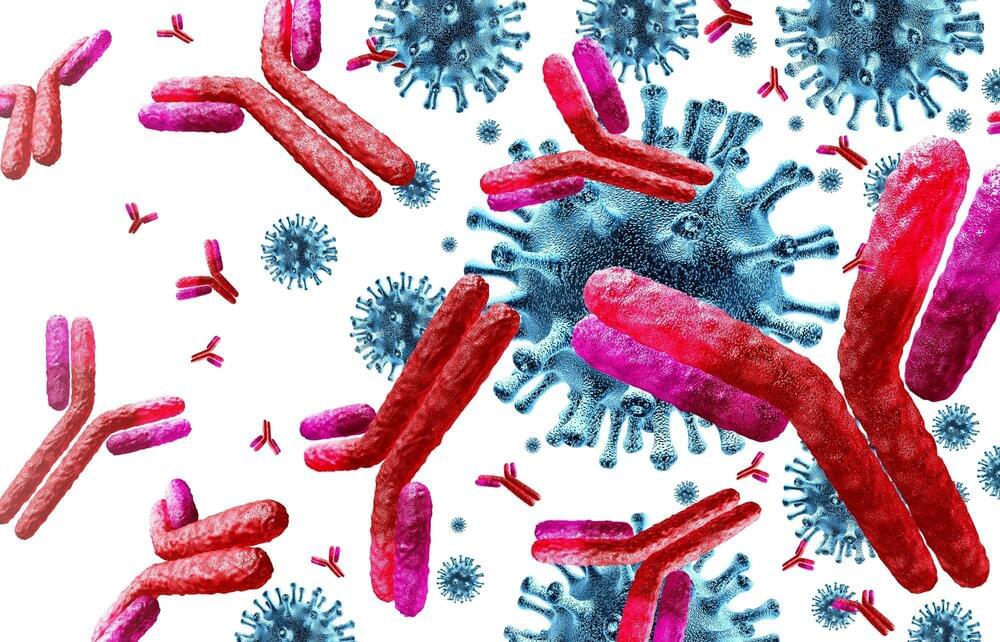
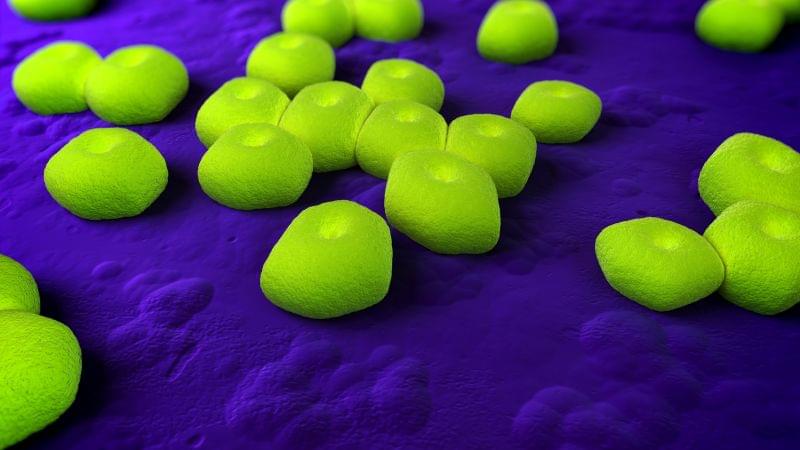
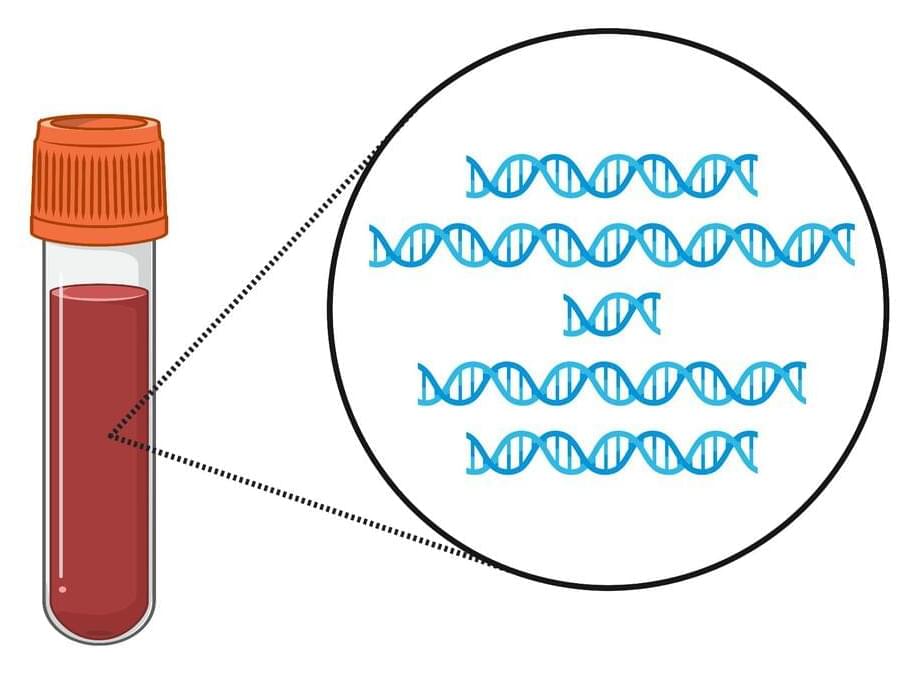
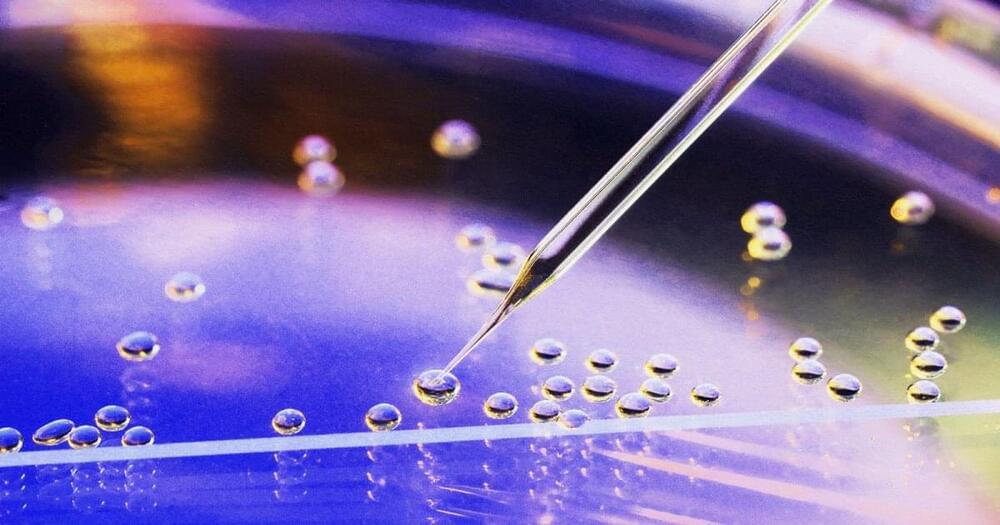
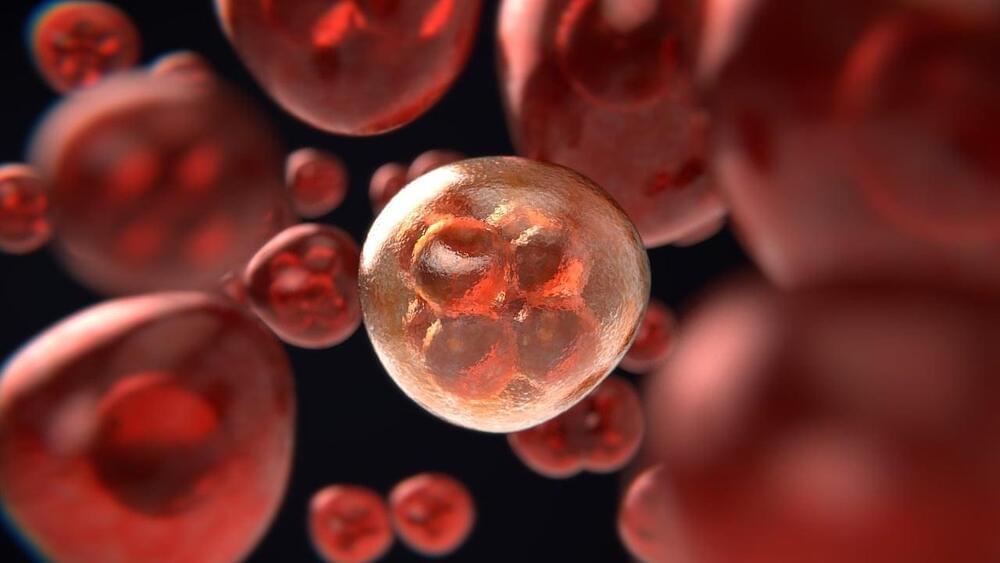
 עברית (Hebrew)
עברית (Hebrew)

